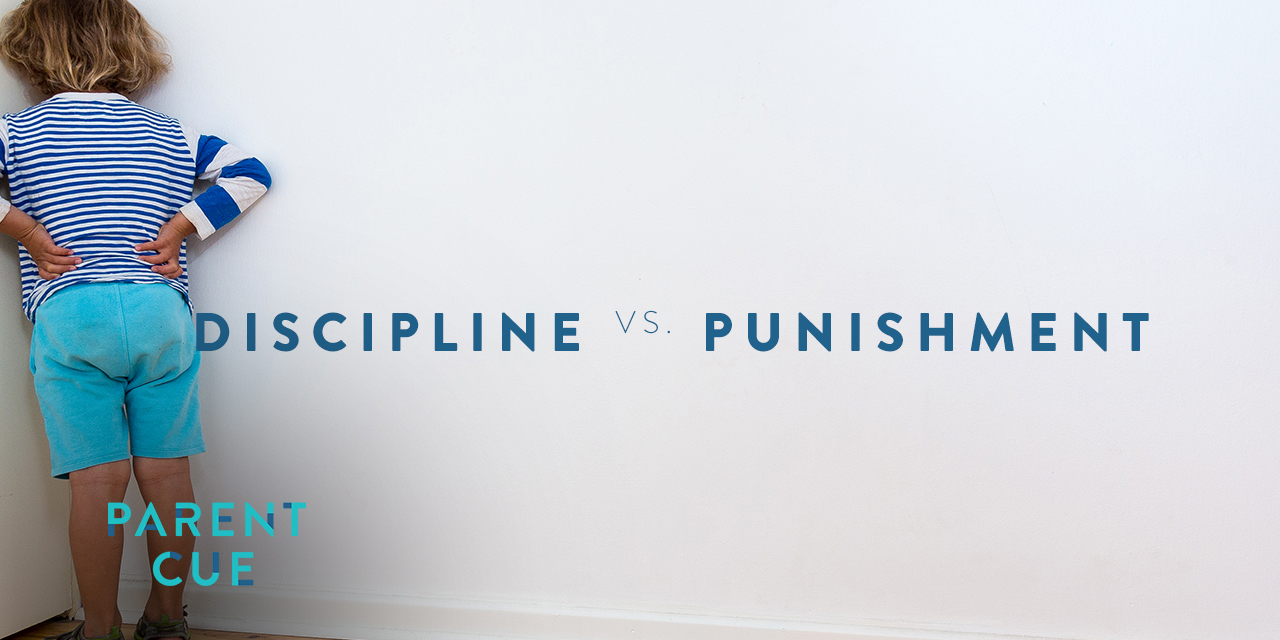
Anyone who ever played for UCLA basketball coach Wooden knew he was more about building character than he was about winning basketball games, although he did both pretty well. His teams won ten championships during a 12-year period, the final one in his last year of coaching in 1975. (No other coach has won more than four men’s titles compared to his ten.) The Sporting News named him “the greatest coach of all time.”
He was famous for his “pyramid of success,” fifteen different elements like “competitive greatness” and “teamwork.” But Wooden said one quality was more important than all the rest and made the rest possible: unselfish humility.
Wooden would tell his players: “Talent is God-given. Be humble. Fame is man-given. Be grateful. Conceit is self-given. Be careful.”
Be humble. Be grateful. Be careful.
Sounds like he had the balance between ego and humility down pretty well.
Fast Company did a survey about the nation’s most successful CEOs, asking readers to rank these leaders’ most evident leadership qualities. “Unselfishness” didn’t rank very well. It was dead last on the list after ideas like “ruthless ambition” and “passionate work ethic.”
In their analysis of this study, the authors of Egonomics echo Wooden’s sentiment that unselfish humility is the foundational quality for every other step to success. “As a trait, humility is the point of equilibrium between two much ego and not enough.” It’s the proper tension between a discouragingly low self-esteem and exceedingly high self-confidence.
As a book written for the business world, Egonomics makes a good point: “As an indispensable trait of great leadership, humility must make its way past the pulpit of Sunday sermons and into the cubicles and boardrooms. Humility should be our first reflex…”
Of course, on our children’s playgrounds, humility looks a lot different than it does in a workplace, a church or even a college basketball court. As we explore this idea of humility with our kids, we show them humility doesn’t mean getting stepped on or kicked around or looking down on themselves. “Humility is not the equivalent of being weak, ignored, indifferent, boring or a pushover,” according to the book. “Humility must include confidence, ambition, and willpower.”
That’s why we’ve chosen to define humility as “putting others first by giving up what you think you deserve.” That’s a scenario every kid can imagine. And it comes right out of the Bible: “Do nothing out of selfish ambition of vain conceit, but in humility consider others better than yourselves” (Philippians 2:3).
Coach Wooden described it this way:
“Don’t try to be better than someone else. Always try to be the best you can be.”
If you’re interested in reading more about Egonomics, search “egonomics white paper” on the Internet or purchase Egonomics: What Makes Ego Our Greatest Asset (or Most Expensive Liability) by David Marcum and Steven Smith.



